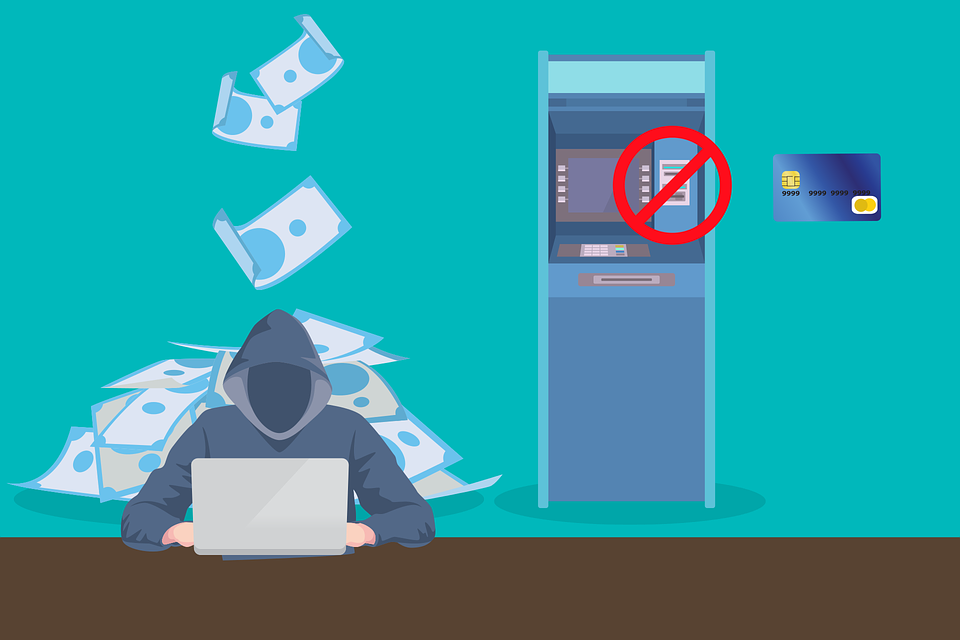Phishing scams have increased a whopping 60 percent in 2018 – do you know how to reduce your chances of becoming a victim?
Phishing scams are becoming more prevalent, more sophisticated and harder to discern. Awareness is crucial, as it has become surprisingly easy to fall victim to these cons. The IRS has warned taxpayers to be highly skeptical of emails, phone calls, and other forms of communications claiming to be from the IRS, especially ones demanding payment or personal information. According to Optima Tax Relief, the highest-ranked tax resolution company on the Inc. 5000, scammers impersonating the IRS target millions of people every year. And sadly, these scammers are surprisingly successful at stealing their victims’ money and personal information, using a combination of scare tactics and bogus credentials.

One area in which fraudsters have become increasingly clever is email phishing. Their bogus emails can be quite convincing, often including the IRS logo and links to websites that mirror the official IRS website. But don’t be fooled. Regardless of how official looking the email appears to be, you can rest assured knowing that the message is not really coming from the IRS. You can be confident in this fact because the IRS never uses email to demand payment or to collect personal information from taxpayers. In fact, the IRS doesn’t use email for any of its direct communications with taxpayers. Nor do they use text messages or social media for these purposes. The IRS almost always initiates contact with taxpayers via letters sent through the postal service. (In rare cases, typically ones involving significant tax issues, IRS agents may occasionally make in-person visits. But again, such visits are very rare.) Of course, even paper documents can be forged, so if you receive a letter claiming to be from the IRS, you should verify its authenticity by calling the IRS directly at 1-800-829-1040. Also, you can learn more about how to protect yourself from phishing and how to report a IRS scam at https://www.irs.gov/privacy-disclosure/report-phishing.
Last year, the IRS reported a 60 percent increase in email schemes attempting to steal money and personal data from taxpayers. While these phishing scams tend to peak around tax season, you can never let your guard down. Fraudsters work year-round. More than ever, it is important to remain vigilant, and remember that the IRS will never:
- Call you to demand immediate payment over the phone, nor will the IRS call you about taxes owed without first having mailed you a bill.
- Threaten to have you arrested by the police or other law-enforcement agencies for not paying.
- Demand that you pay taxes without giving you the opportunity to question or appeal the amount they say you owe.
- Require you to use a specific payment method for your taxes, such as a prepaid debit card.
- Ask you to provide credit card or debit card information over the phone.
Any form of communication that includes threats and demands such as those listed above is a scam. Staying mindful of these facts will help you identify phishing schemes and lessen your chances of becoming a tax scam victim.
Sponsored Content